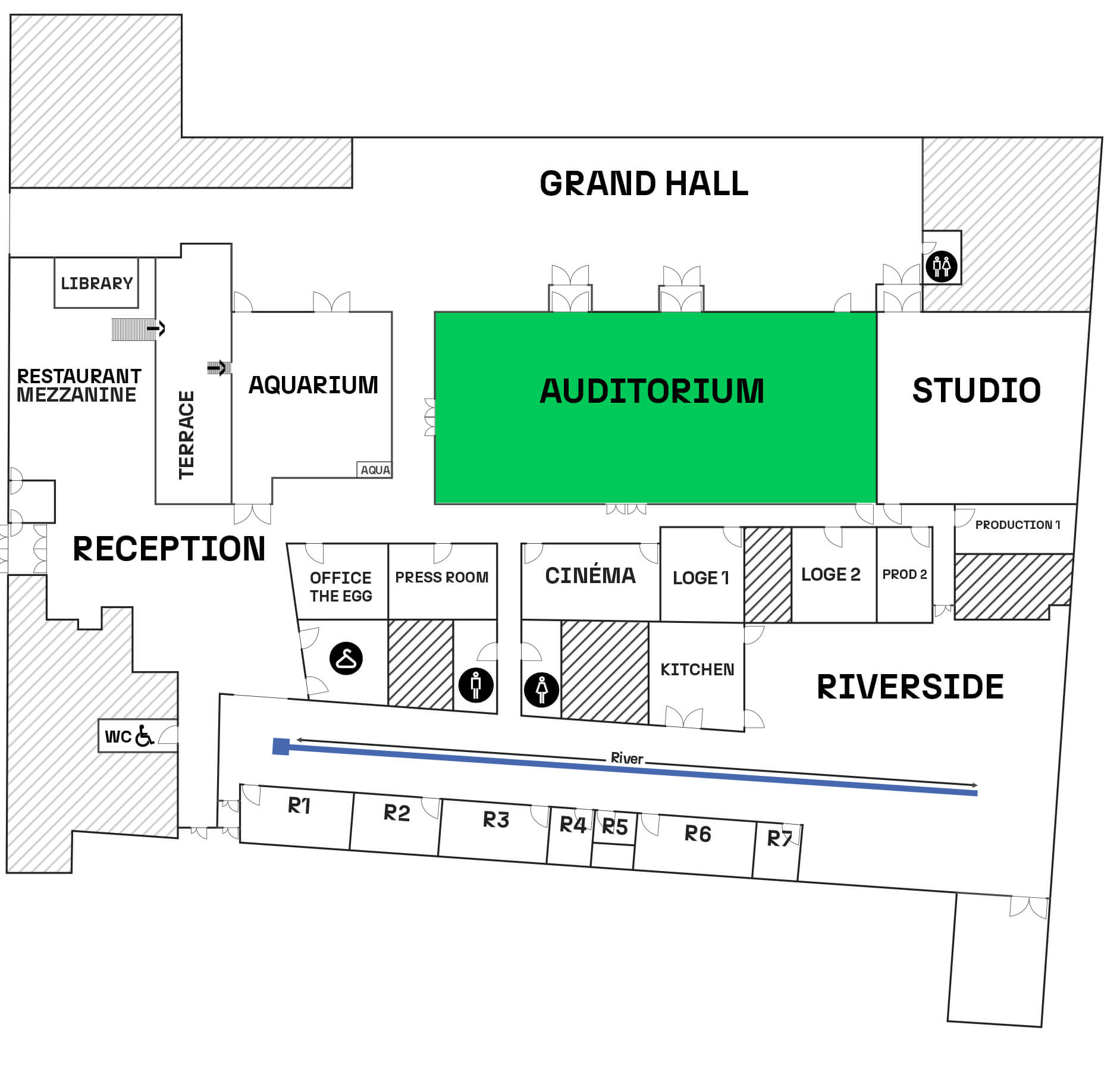User talk: Differential predictability of cognitive profiles from brain structure in older males and females
Structural brain imaging parameters may successfully predict cognitive performance in pathological conditions but mostly fail to predict cognitive abilities in healthy older adults. One important aspect contributing to this might be sex differences. Behaviorally, older males and females have been found to differ in terms of cognitive profiles, which cannot be captured by examining them as one homogenous group. In the current study, we examined whether the prediction of cognitive performance from grey matter volumes (GMV) of all parcels from the Julich Brain Cytoarchitectonic Atlas, implemented in the EBRAINS Research Infrastructure, would benefit from the investigation of sex-specific cognitive profiles in a large population-based sample of older adults (1000BRAINS; N = 634; age range 55-85 years). Prediction performance was assessed using a machine learning (ML) approach. Targets represented a) a whole-sample cognitive component solution extracted from males and females, and b) sex-specific cognitive components. Results revealed a generally low predictability of cognitive profiles from region-wise GMV. In males, low predictability was observed across both, the whole sample as well as sex-specific cognitive components. In females, however, predictability differences across sex-specific cognitive components were observed, i.e. visual working memory (WM) and executive functions showed higher predictability than fluency and verbal WM. Hence, results accentuated that addressing sex-specific cognitive profiles allow a more fine-grained investigation of predictability differences, which may not be observable in the prediction of the whole-sample solution. The current findings emphasize the necessity for further investigation into sex-specific analyses of brain-behaviour associations in older adults. Moreover, they may also be instrumental in adapting personalized prediction and simulation approaches, such as the virtual ageing brain (TVB), to predict cognitive decline.
Moderator: Marja-Leena Linne

Who You’ll Be Hearing From
This session brings together expert voices from across the EBRAINS community and beyond. Discover the people sharing their insights, research, and perspectives on the topic.


PD Dr. rer. medic. Christiane Jockwitz obtained her M.Sc. in Cognitive and Clinical Neuroscience (Neuropsychology) from Maastricht University, the Netherlands in 2011. Afterwards, she did her PhD at the Institute of Neuroscience and Medicine (INM-1), Research Center Jülich, Germany. In November 2023 she habilitated in Neuroscience at the Faculty of Medicine at Heinrich-Heine University Düsseldorf, Germany. Since September 2025 she became an interim professor for Brain Research at the Institute for Anatomy I at Heinrich-Heine University Düsseldorf, Germany. In her research PD Dr. Jockwitz investigates the structural and functional organization of the aging brain in relation to cognitive functions, especially during older ages. To this end, she conducts advanced predictive and multifactorial analyses in large, population-based cohort studies, including 1000BRAINS and the German National Cohort, to examine the demographic, lifestyle and health-related factors that influence brain ageing.
Find your way on the map

